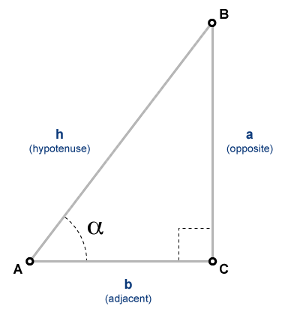sin
Symbolic sine function
Syntax
Description
sin( returns the sine function of
X)X.
Examples
Sine Function for Numeric and Symbolic Arguments
Depending on its arguments, sin returns
floating-point or exact symbolic results.
Compute the sine function for these numbers. Because these numbers are not symbolic
objects, sin returns floating-point results.
A = sin([-2, -pi, pi/6, 5*pi/7, 11])
A = -0.9093 -0.0000 0.5000 0.7818 -1.0000
Compute the sine function for the numbers converted to symbolic objects. For many
symbolic (exact) numbers, sin returns unresolved symbolic
calls.
symA = sin(sym([-2, -pi, pi/6, 5*pi/7, 11]))
symA = [ -sin(2), 0, 1/2, sin((2*pi)/7), sin(11)]
Use vpa to approximate symbolic results with floating-point
numbers:
vpa(symA)
ans = [ -0.90929742682568169539601986591174,... 0,... 0.5,... 0.78183148246802980870844452667406,... -0.99999020655070345705156489902552]
Plot Sine Function
Plot the sine function on the interval from to .
syms x fplot(sin(x),[-4*pi 4*pi]) grid on

Handle Expressions Containing Sine Function
Many functions, such as diff,
int, taylor, and
rewrite, can handle expressions containing
sin.
Find the first and second derivatives of the sine function:
syms x diff(sin(x), x) diff(sin(x), x, x)
ans = cos(x) ans = -sin(x)
Find the indefinite integral of the sine function:
int(sin(x), x)
ans = -cos(x)
Find the Taylor series expansion of sin(x):
taylor(sin(x), x)
ans = x^5/120 - x^3/6 + x
Rewrite the sine function in terms of the exponential function:
rewrite(sin(x), 'exp')
ans = (exp(-x*1i)*1i)/2 - (exp(x*1i)*1i)/2
Evaluate Units with sin Function
sin numerically evaluates these units
automatically: radian, degree,
arcmin, arcsec, and
revolution.
Show this behavior by finding the sine of x degrees and
2 radians.
u = symunit; syms x f = [x*u.degree 2*u.radian]; sinf = sin(f)
sinf = [ sin((pi*x)/180), sin(2)]
You can calculate sinf by substituting for
x using subs and then using
double or vpa.
